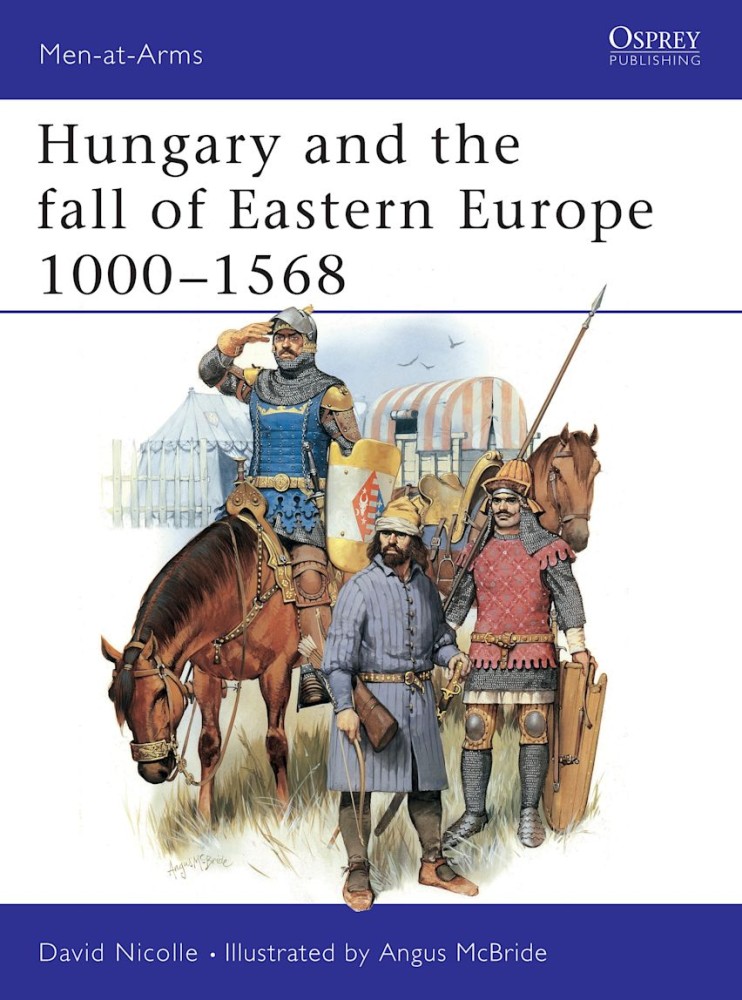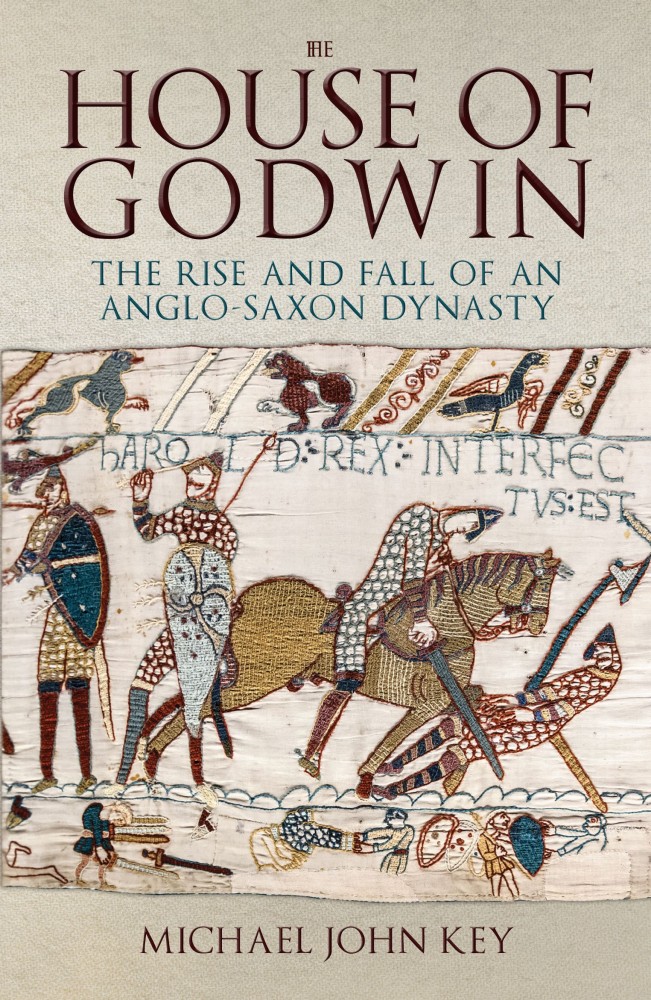Although not widely studied in the West, the medieval history of south-eastern Europe is both fascinating and complex. The Kingdom of Hungary was a vast realm, at least the size of France, that endured throughout the Middle Ages whilst the Byzantine Empire was even more extensive and enduring. The Serbians won themselves a brief but extensive local empire in the 14th century; while the Bulgarians established an effective and cultured state. Other players in the confusing Balkan scene included the Albanians; Wallachians; Moldavians; Transylvanians; Croatians and many others. How did they organise their armies and fight their wars; and why did they ultimately fail? This title answers these questions ably supported by numerous illustrations and eight colour plates.
In England in the eighth century, in the midst of the so-called Dark Ages, Offa ruled Mercia, one of the strongest Anglo-Saxon kingdoms. For over 30 years he was the dominant warlord in the territory south of the Humber and the driving force behind the expansion of Mercia’s power. During that turbulent period he commanded Mercian armies in their struggle against the neighbouring kingdoms of Northumbria and Wessex and against the Welsh tribes. Yet the true story of Offa’s long reign and of the rise and fall of Mercia are little known although this is one of the most intriguing episodes in this little-recorded phase of England’s past. It is Chris Peers’s task in this new study to uncover the facts about Offa and the other Mercian kings and to set them in the context of English history before the coming of the Danes.
New paperback edition - The most powerful dynasty behind the throne of Anglo-Saxon England, shedding new light on events such as the Battle of Hastings.



